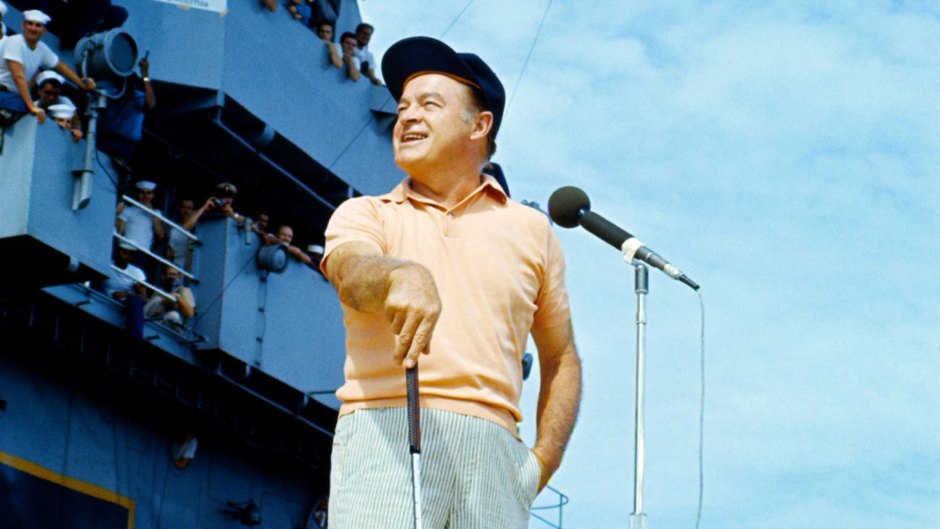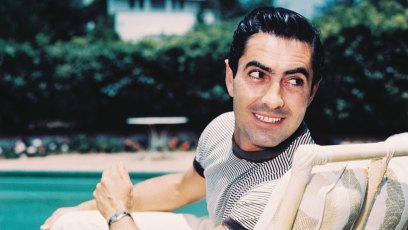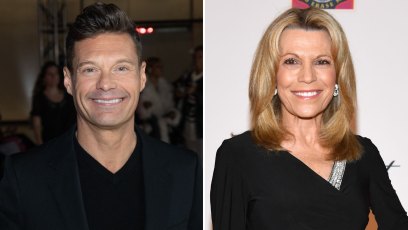
Silver Screen Collection/Getty Images
Bob Hope’s Daughter Linda Recalls How Her ‘Humble’ Father Embraced Fame and Devotion to USO
Christmas often arrived a little late to the family of comedian Bob Hope. “We’d get to open one or two things on Christmas Day,” recalls Linda Hope, his eldest of four children, exclusively to Closer. “But we would keep the rest of the presents under the tree and wait for him to come home to open them.”
From the United States’ entry into World War II, in 1941, Bob, who had begun his career in vaudeville, devoted time to entertaining the troops with USO shows. “Whenever we’d complain, ‘Where’s Dad?,’ my mother would say, ‘He’s got some important things to do,’” says Linda, a coauthor of the recent book Dear Bob… Bob Hope’s Wartime Correspondence with the G.I.s of World War II.
Dolores Hope, a singer who bonded with Bob over their shared love of golf, wed the comedian in 1934 and ran their home during his absences. “My mother clearly was the disciplinarian,” shares Linda. “She was the one that taught us table manners and how to behave. He would come home and upend all of her teaching.” It wasn’t unusual for Bob to playfully throw his napkin at one of the kids or start cracking jokes at dinner, much to his wife’s despair. “When he was home, it was magic,” says Linda. “He was always playful and fun.”
Dolores didn’t just keep the home fires burning, she also was a sounding board for her husband’s new material. “He respected her opinions,” says Linda. “He would read the script for the radio show out loud, and my mother would offer her thoughts. It was fun for us kids to listen.”
The Rose Bowl, which is traditionally played on New Year’s Day, was always a big event in the Hope household. Bob would invite everyone who participated in his USO tour to the game followed by a house party. “It was a big celebration. Dad would get a bus and take everybody to the Rose Bowl,” says Linda, who recalls that a lavish event with live music would occur after the game. “I think we had two buses at one point. It was always a fun time.”
The fifth of seven sons, Bob had immigrated to Chicago from England as a toddler and always felt grateful for the trajectory of his life and career. “His father was a stonemason, and he had work prospects here that he didn’t have in England,” Linda explains. Bob became a household name, but he never forgot how much he owed the American public.
“People would ask for autographs, and I found it very intrusive,” admits Linda, who remembers being about 6 when she realized her father was famous. “I asked him one time, ‘Why do you have to sign your name for all those people?’ And he said, ‘Those people pay for the food on our table. Those are the people that tune in and watch the movies and keep me in business.’” Likewise, Bob felt that traveling to visit service people was the least he could do. “He saw the sacrifices they made,” says Linda, who notes that her father felt deeply humbled to be declared an honorary veteran in 1997. “It was done in an act of Congress in the days of President Clinton,” Linda recalls. “My father was touched and said it was the greatest honor of his life.”







































